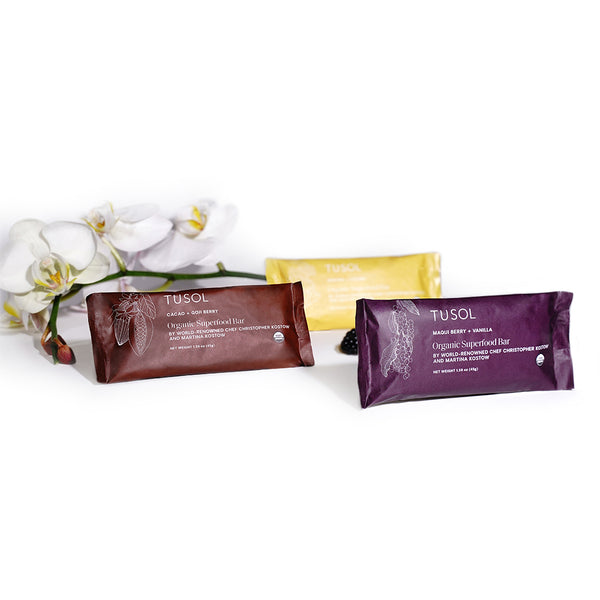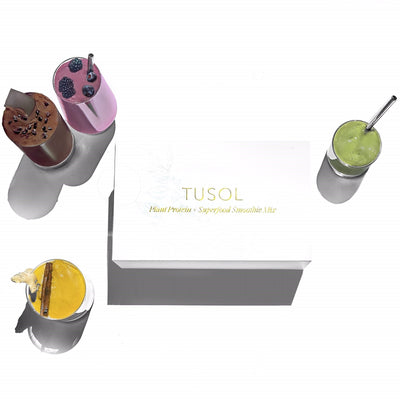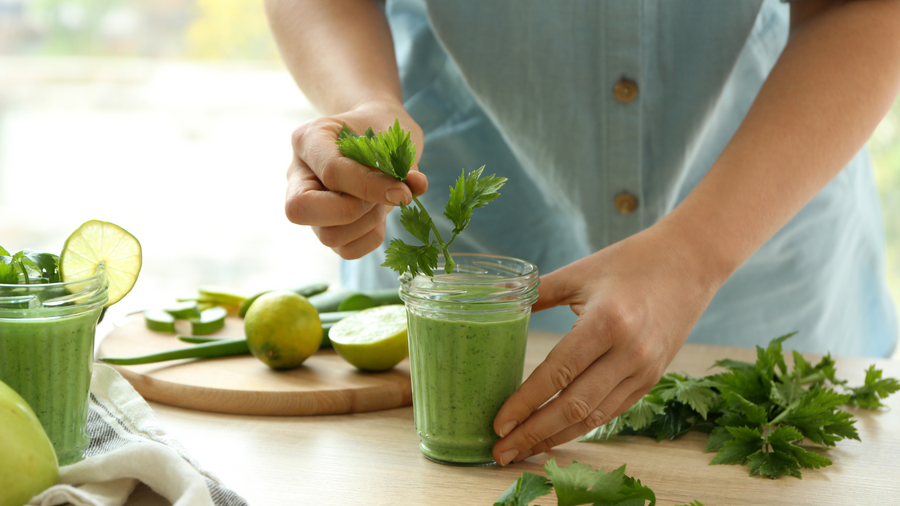How to restore and rebuild collagen on the face naturally
Collagen is the most abundant protein in the human body. It’s found in most of your body’s tissues, including muscles, tendons, bones, blood vessels, and even your digestive system. It’s also essential for healthy cell growth. But when people talk about the importance of collagen, they’re generally talking about the benefits of collagen for keeping your skin smooth and supple. Unfortunately, skin damage, aging, and other factors can reduce your collagen levels and skin elasticity. Here’s how to protect the collagen in your skin, and help your body produce more.Collagen production stops at what age?
As you age, your skin will naturally start producing less collagen. This process begins as early as age 20. No, that’s not a typo. Starting at age 20, your body will produce about 1% less collagen every year. Anti aging practices can help thwart this process. You start to breakdown more collagen than you build.How to stimulate collagen production on skin and lips
One way to get smoother skin and plumper lips is to exfoliate and probably hydrate more often. This will not actually add collagen to your skin. However, chemical peels and other exfoliating practices can remove dead skin with damaged collagen, and hydration will stop it from drying up. This will ensure smoother, healthier skin is exposed. Another way is to stimulate collagen production directly. Topical creams containing retinoids can stimulate Vitamin A absorption, which aids in collagen production. Beware of so-called “collagen creams”, though. Collagen will not penetrate the skin. If you’re using these skin care products, you might as well be smearing snake oil on your face.How to rebuild collagen under eyes
One of the most common complaints people have as they age is bags or creases around the eyes. Because your eyes are the first thing most people see, it’s important to keep them looking fresh and bright. To help with this, consider a peptide eye cream. Not only will this help stimulate collagen production to eliminate wrinkles, it also has anti inflammatory properties that will get rid of those pesky bags. Aloe Vera can also help reduce inflammation under your eyes.Collagen deficiency symptoms
Currently, there are no scientific tests to directly measure your collagen level. But there are several telltale signs that you’re suffering from a collagen deficiency. These include:- Joint pain and stiffness
- Unexplained muscle weakness
- Intestinal issues
- Wrinkly or “thin” skin
What breaks down collagen?
So, what causes your body to lose collagen? There are many possible causes. Among these are:- Pollution and airborne free radicals
- Excessive sun exposure or tanning
- Smoking
- Natural aging
- Autoimmune disorders
- Heavy metals
- Glyphosate in conventional foods
Vitamins to increase collagen production
There are several vitamins that can aid with your body’s natural collagen production. The most important of these are Vitamin C and Vitamin A, which are also naturally found in many healthy foods. In addition, hyaluronic acid is a significant factor in your body’s collagen production toolkit. It’s available in many supplements, and is also found in foods that are high in amino acids.What foods help produce collagen?
A healthy lifestyle and good supplementation aren’t the only ways to boost collagen production. A healthy diet is also an important factor. In general, the best foods for collagen production are foods that contain the necessary nutrients. These include foods that are rich in Vitamin A and Vitamin C.How to stimulate collagen naturally with Rejuvenate (Maqui + Baobab)
Drink your way to healthy skin! Our REJUVENATE Smoothie is filled with antioxidant-rich botanicals that combat oxidative stress, reduce the effects of aging, and work alongside vitamin C to stimulate healthy collagen production. Both chaga mushroom and maca root contain enzymes that increase each other’s antioxidant potency, sesame seeds and tocotrienols together increase absorption of vitamin E, and sesame seeds and maca work together to balance hormones — all to boost your natural collagen!
How long does it take for collagen to grow?
Everyone’s body is different, so it’s tough to give a hard and fast number. That said, typical results range from about 4 to 8 weeks. So if you start supplementing today, you can expect to start seeing results within that time period. The good news is that there are no downsides to supplementing or eating healthy foods.Collagen from plants
In addition to supplements, there are several healthy, natural plant products you can eat to assist with your body’s collagen production. Also, notice there is a common denominator, and that is antioxidants. Here’s a short list:- Ginseng
- Blueberries
- Green tea
- Citruses like oranges, grapefruit, and lemons
- Coffee
- Baobab fruit
- Licorice
- Basil
- Oregano
- Thyme
- Cinnamon
- Mulberries
- Maqui Berry














